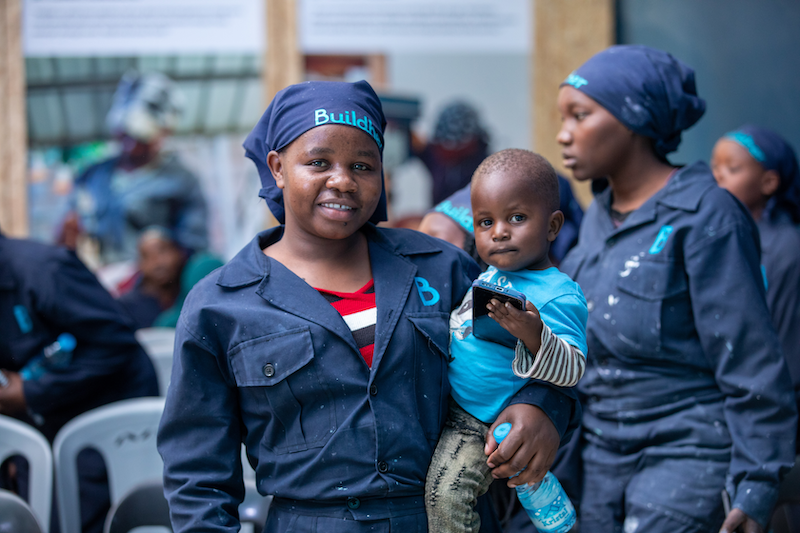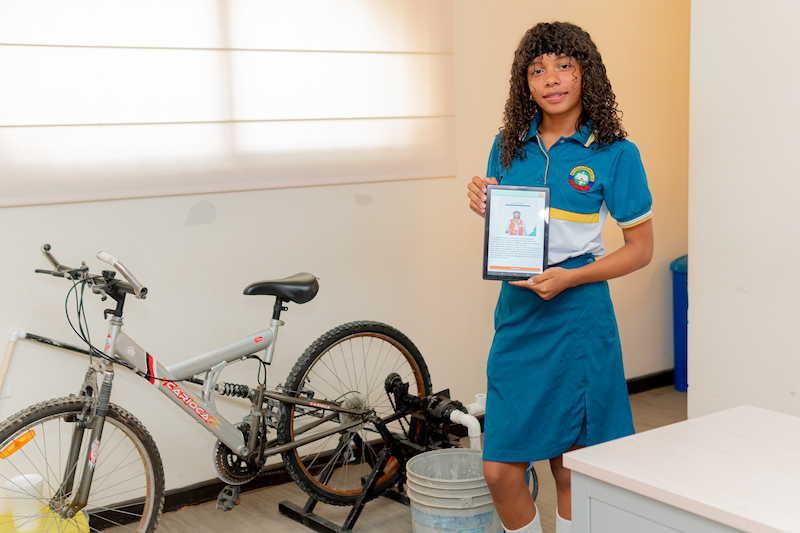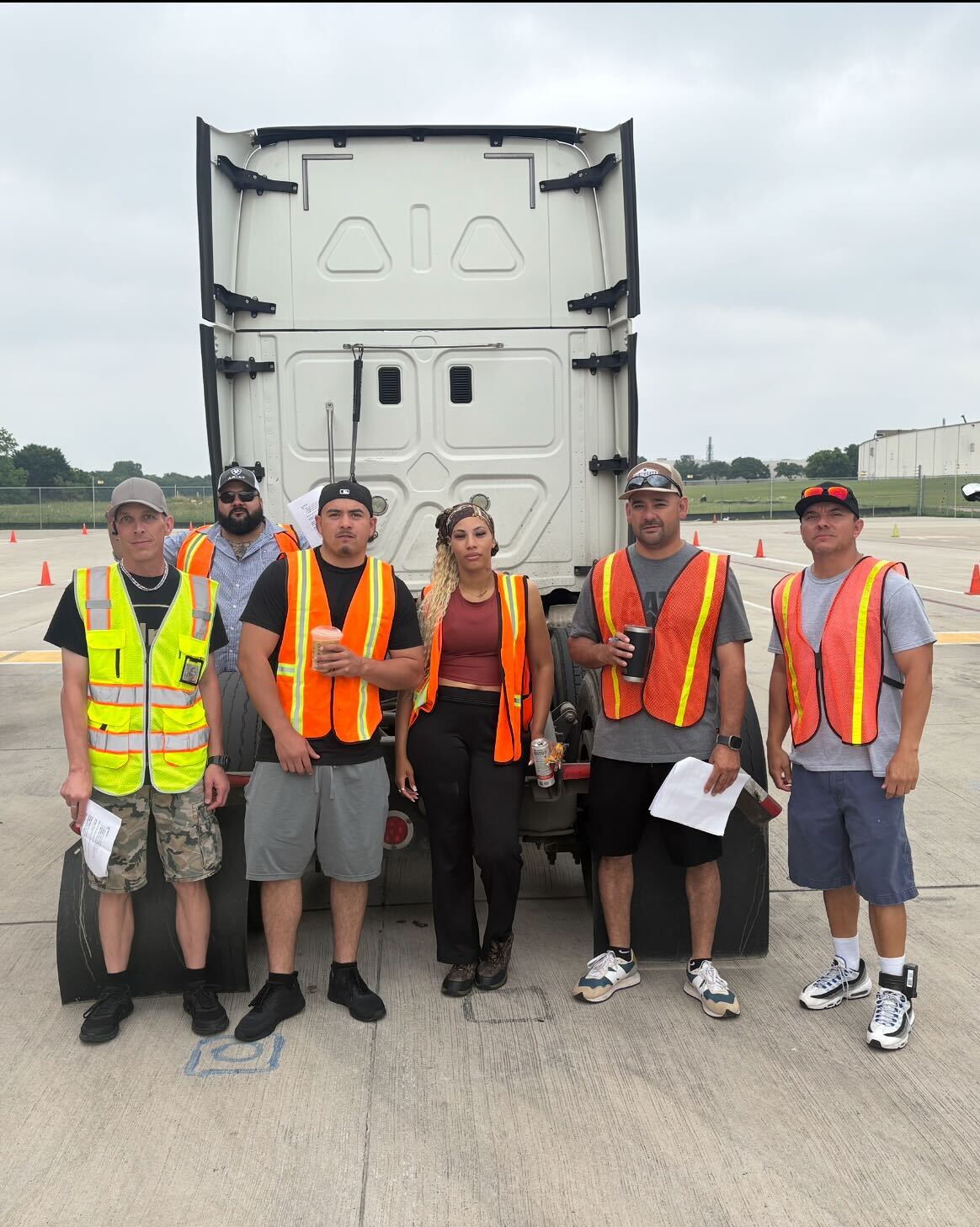The Power of Income: Our Guiding Metric for Change
An increase in income means so much more than a paycheck.
Financial security is the difference between an investment in a family’s future or falling deeper into a continuous cycle of debt and poverty. It’s a rural Appalachian worker learning new skills in the nuclear energy field. It’s expediting employment authorization for immigrants. It’s empowering women to build a new future in Africa. An increase in someone’s income can open opportunities for people to think beyond the day-to-day grind, learn new skills and pursue their long-term goals and dreams.
We often ask ourselves: how many dollars are added to a person's lifetime earnings for every dollar we spend? At GitLab Foundation, this means that income can enable people to have agency in how they build their lives.





Income is both universally relatable and deeply transformative, with strong linkages to housing, health and education. Ultimately, income isn’t just a number; it’s a powerful force for uplifting people’s lives. But why did we choose income as a guiding metric? Here are three reasons behind our decision.
Income is easy to measure, compare and understand across projects. Income gains look different from state to state of across the world. It’s one of the most consistent ways to measure impact. It allows us to compare results across industries and countries. That’s why we always interpret these changes within the unique context and economic climate of each place and the relative impact on each individual and their journey. For example, Colombia’s booming ecotourism industry enables workers, many of whom are single mothers, to build meaningful careers that allow them to provide for their children.
Income focuses on long-term impact rather than short-term gains. Measurable increases in lifetime earnings can become exponential forces that lead to economic mobility. Our focus on income can spark long-term change. Many of the industries our grantees work in are affecting larger systems that can work better for everyone. From education to clean energy, from benefits access to reducing recidivism, our investments create impact across sectors that shape lives and economies.
Financial stability and security are vital for people. Increased incomes provide people and their families with more opportunities, power, confidence and agency. Grantees like mRelief, Student Basic Needs Coalition and Justicia Lab work to remove barriers and connect people to SNAP support, financial help and legal aid, respectively. For those living paycheck to paycheck, envisioning the future becomes difficult without the ability to build income.
“If you walk down the street anywhere in the world and ask someone what might improve their lives, chances are they’ll say they need to make a bit more money. For many, it’s a proxy for personal agency, access to a better school or job, healthier food or safer housing, or even the chance to start a small business,” said Matt Zieger, chief programs and partnerships officer. “In this way, our single ROI metric isn’t reductionist—it’s our attempt to take an abstract measurement model and make it human-centered.”
Income isn’t just a number on a spreadsheet; it’s a reflection of opportunity, security and long-term potential. Our focus on income ensures that every investment we make is grounded in real outcomes that give people the tools, confidence and resources to shape their own futures.
Learn more about how we are increasing access to opportunities through increased income on our Public Impact Dashboard.
